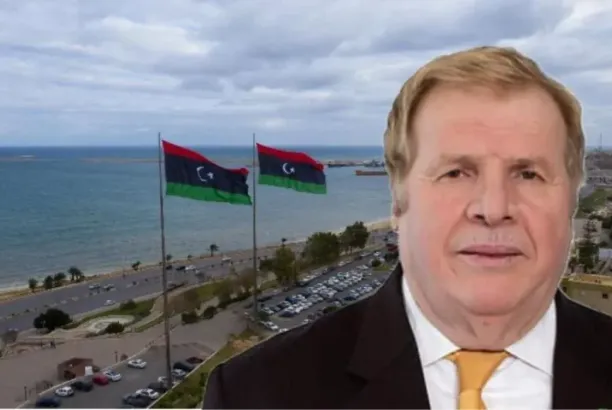
| Economic articles
With His Prior Warning in Mind.. Eshnibish Calls to Lower Oil Prices Could Lead to a Severe Crisis for the Libyan Economy in 2025
Back in January, Professor Anas Eshnibish warned in a statement to our source that the increasing calls to lower oil prices — including direct appeals to the OPEC organization by one of the world’s largest oil-producing countries — could lead to a severe crisis for the Libyan economy in 2025.
He stated:
“Over the past few days, there has been news of calls to reduce global oil prices, and even a direct message was sent to OPEC by the president of a country with the highest oil production rate in the world. If such measures are implemented with the urgency we’ve seen, they would have the harshest impact on the Libyan economy and financial situation in general during 2025.”
He further explained the direct implications:
“In a country dependent on a rentier economy based on oil, and suffering from consecutive economic crises and budget deficits for years, a drop in oil prices will significantly and directly affect Libya’s economic situation due to its heavy reliance on oil revenues as the main source of public income.”
He clarified that the potential consequences include a decline in government revenues, a widened budget deficit, a drop in foreign currency reserves — which could pressure the exchange rate of the Libyan dinar — as well as social repercussions such as rising unemployment and stagnation in development projects.
Today, with the sharp decline in oil prices recorded in April, we find ourselves facing the actual realization of that prediction. Brent crude fell below $66 per barrel, its lowest level in years, impacted by global trade tensions and increased supply from the “OPEC+” alliance.
What the Libyan economy is currently experiencing is not surprising. Rather, it is a logical result of accumulated rentier policies and an overreliance on a single source of income without genuine diversification in the production base. Under such pressure, delaying reforms is no longer an option.
Among the key solutions Eshneibesh proposed at the time were: economic diversification, reducing public spending, supporting the private sector, investing in renewable energy, enhancing transparency, and improving the management of foreign currency — all of which remain viable solutions if there is political will and societal awareness.
Ultimately, the decline in oil prices is not merely a temporary crisis but a real test of Libya’s ability to transition from dependence to independence, and from consumption to production.





